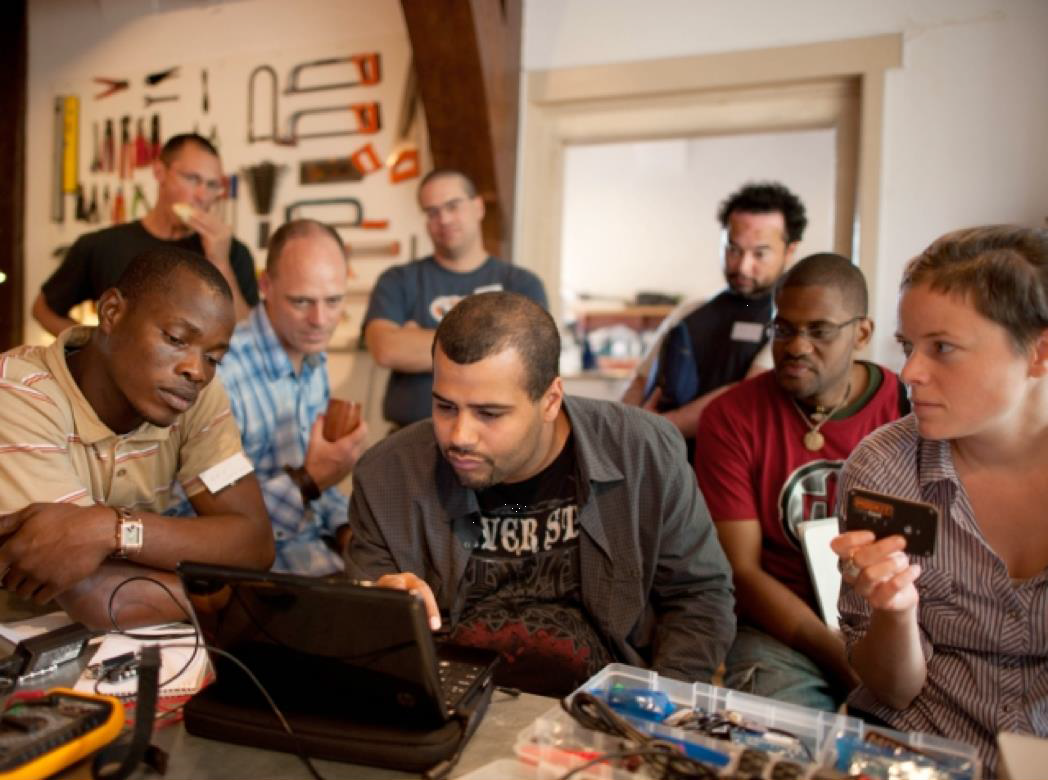|
Digital meets Culture https://www.digitalmeetsculture.net/article/riches-policy-brief-on-co-creation-released/ Export date: Mon Mar 31 19:34:03 2025 / +0000 GMT |
RICHES: policy brief on co-creation released!A crucial topic that is addressed and researched within the RICHES consortium is co-creation, being the practice where different stakeholders with different expertise come together collaboratively to create future-oriented perspectives, enrich cultural heritage (CH) experiences and build relations with networks that are closely invested in an institution's collection. «A co-creative approach that is firmly rooted in CH institutions can potentially change the way that heritage is curated, presented, digitised and shared, involving specific experts, specific communities and specific target groups to address a topic or a collection together. By working in an equal partnership, where personal expertise is recognised and valued and where people meet each other and share ideas through creating something together, unexpected outcomes can emerge. More importantly, ownership is created and the exhibition, campaign or programme is closely connected with the stakeholders and reflects a broader story than just the viewpoint of the CH professional» A very important outcome or result of co-creation is «that a CH institution may become more embedded within the communities it is trying to reach. Working co-creatively can enable CH institutions to build a relationship with their local communities, with new visitors, with younger people or with people from diverse cultural backgrounds». A co-creation process can help organisations: «find a connection between groups that would normally not collaborate; raise awareness and sensitivity towards important issues with certain groups; create a safe space for sharing; create a common understanding; enable the creation of more layered and nuanced exhibitions and events; build relationships between groups that exist well beyond the scope of a project». [RICHES, Co-creation strategies: from incidental to transformative, 2015] Download this policy brief |
